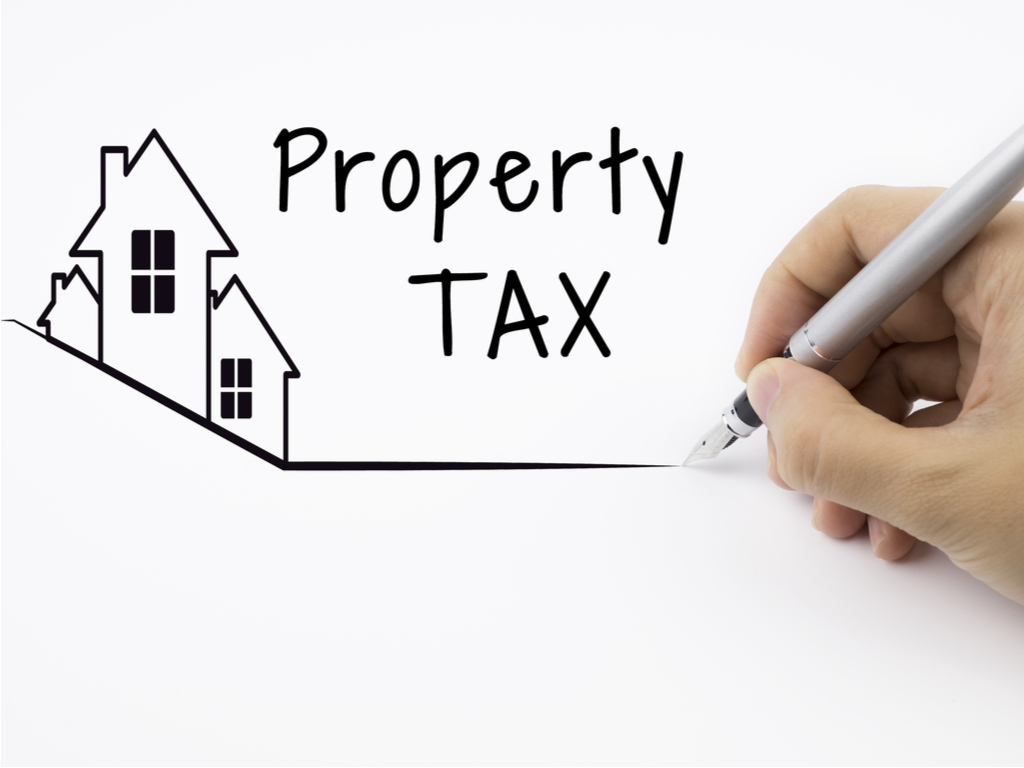Note: Assessment and protest information is limited at the moment. We’ll update this article as we learn more. Please consult your Assessor’s website and your real estate broker and legal counsel for information specific to your property.
We’re starting to field nervous inquiries from our clients here at Focus Real Estate. New property tax valuations are in the mail. If you’re in Denver, you should be receiving your new valuation soon (around May 1st).
Why are our clients nervous?
Well, the good news is if you own a home in Denver, there’s a good chance you’ve seen a great deal of appreciation the past few years.
The not-so-good news?
The Assessor’s office says that property valuations – and therefore your property tax bill – could very well be on their way up.
Before we go any further, I wanted to let you know that our team at Focus helps our clients with property valuations all the time. We aren’t attorneys and can’t provide legal or tax advice, nor can we file your protest for you. However, our 7 brokers closed over $150 million of real estate everywhere between Erie and Castle Rock last year. We have a great feel for local markets and valuations. So check with us first!
As the managing broker of Focus, feel free to reach out to me for more information ([email protected]).
So let’s dive in. According to this 9News article, median property valuations in Denver are up around 33%. That’s a lot of appreciation!
Let’s say you open your mail next week, you look at your new valuation, and it doesn’t sync with what you feel your property is actually worth (within the confines the assessment window and valuation process).
Where do you go from there?
Let’s take a step back and talk about how property taxes work in Denver county. The Denver Assessor’s website has this explanation:
“According to Colorado statute, real property in the state is revalued every two years in odd-numbered years observing transactions and market conditions from the timeframe of January 1, 2021, through June 30, 2022. Notices of property valuation will be mailed to property owners by May 1, 2023.
Property owners are encouraged to visit their Assessor’s website to research sales that occurred in their area during the statutory timeframe, and if they feel the value is in error, an appeal can be filed between May 1 and June 8, 2023. In the Denver metropolitan area, most Assessors offer online appeal applications, and all accept written filings either via mail or drop off.”
Denver’s property tax protest form can be found here. We included a screenshot of Page 1 of the form above.
Here’s where you can fill out a form online, as well as get more information.
As you can see, the protest form is a relatively simple form. Two of the big questions you’ll need to ponder if you want to file a protest?
“What is your estimate of the property’s value as of June 30, 2022?“
“What is the basis for your estimate of value or your reason for protesting? Please attach additional sheets as necessary and any supporting documentation, i.e., comparable sales, photos, rent roll, appraisal, etc.”
Also, the form requests that you provide comparable sales data from July 1, 2020 to June 30, 2022.
So … where do you go from here?
Every property and valuation is unique, so we can’t make generalizations about you or your specific property. So first, you should check with your real estate broker and legal counsel.
Second, the assessor’s office encourages you to visit their website to research sales in your area during the relevant timeframe. There are a lot of questions to ask yourself while researching. Are the comparable homes truly comparable homes? What’s bringing your valuation up – or down? And many more.
You would be remiss if you didn’t carefully analyze what your assessor says about your own home. Is the square footage correct? Is your basement unfinished – but the assessor says it is? And more. Confirm everything, since clear errors give you a good basis for contesting your home value.
Anyone who thinks their property value is incorrect can file an appeal between May 1 and June 8.
One risk to keep in mind? According to the property tax protest form, when you sign and submit your appeal you acknowledge that your valuation “may increase, decrease, or remain unchanged, depending upon the Assessor’s review of all available information pertinent to the property.”
Curious how many appeals are filed, and how successful they are?
Here’s some historical data you might find interesting. In 2019 Denver Assessor Keith Erffmeyer told 9News that his office reviewed over 222,000 taxable properties citywide during that particular assessment window, when single-family residential property valuations in Denver increased by a median of ~20%.
And how successful – or unsuccessful – are protests?
According to this 2017 Denver 7 ABC article, the Denver assessor granted about 50 percent of all appeals. Also, for those interested, here are the success rates in other local jurisdictions back then, according to Denver 7:
“Adams, Arapahoe and Jefferson counties also report successful appeal rates around 50 percent, while Douglas County reports only about a quarter of appeals are granted.”
So while this information is old and may not apply to this assessment window, it’s a place to start!
If you have questions, don’t hesitate to reach out.
-Mariel
We’re not legal or tax experts here at Focus and the Scoop. Be sure to consult with your advisors and do your research when it comes to real estate taxes, assessments, valuations, and protests, and your specific situation, and remember that we can’t provide advice or opinions on taxes here at Focus. Do not rely on this article exclusively and verify all information yourself.
Alex R. Ross, Esq. assisted with the preparation of this article.






